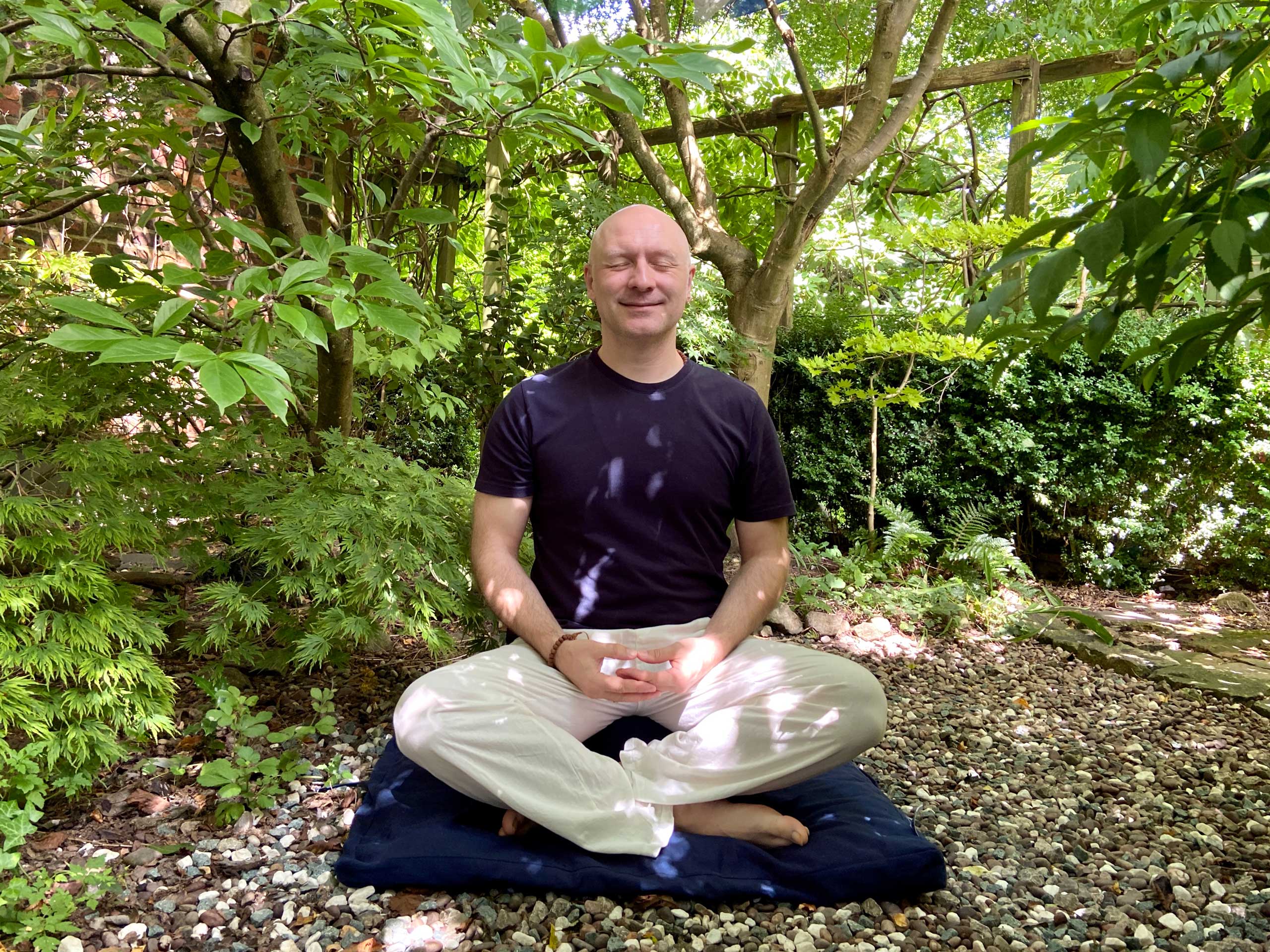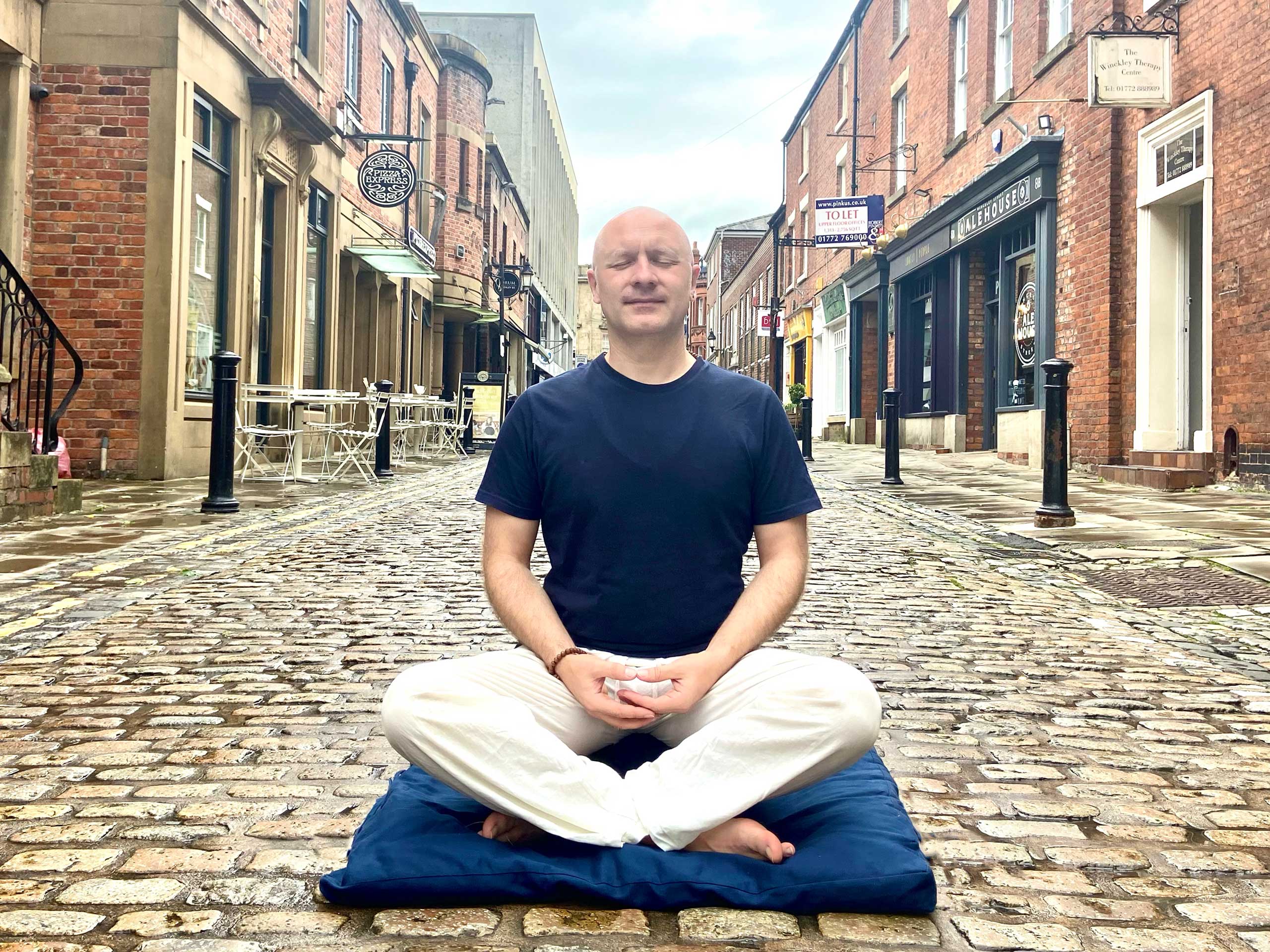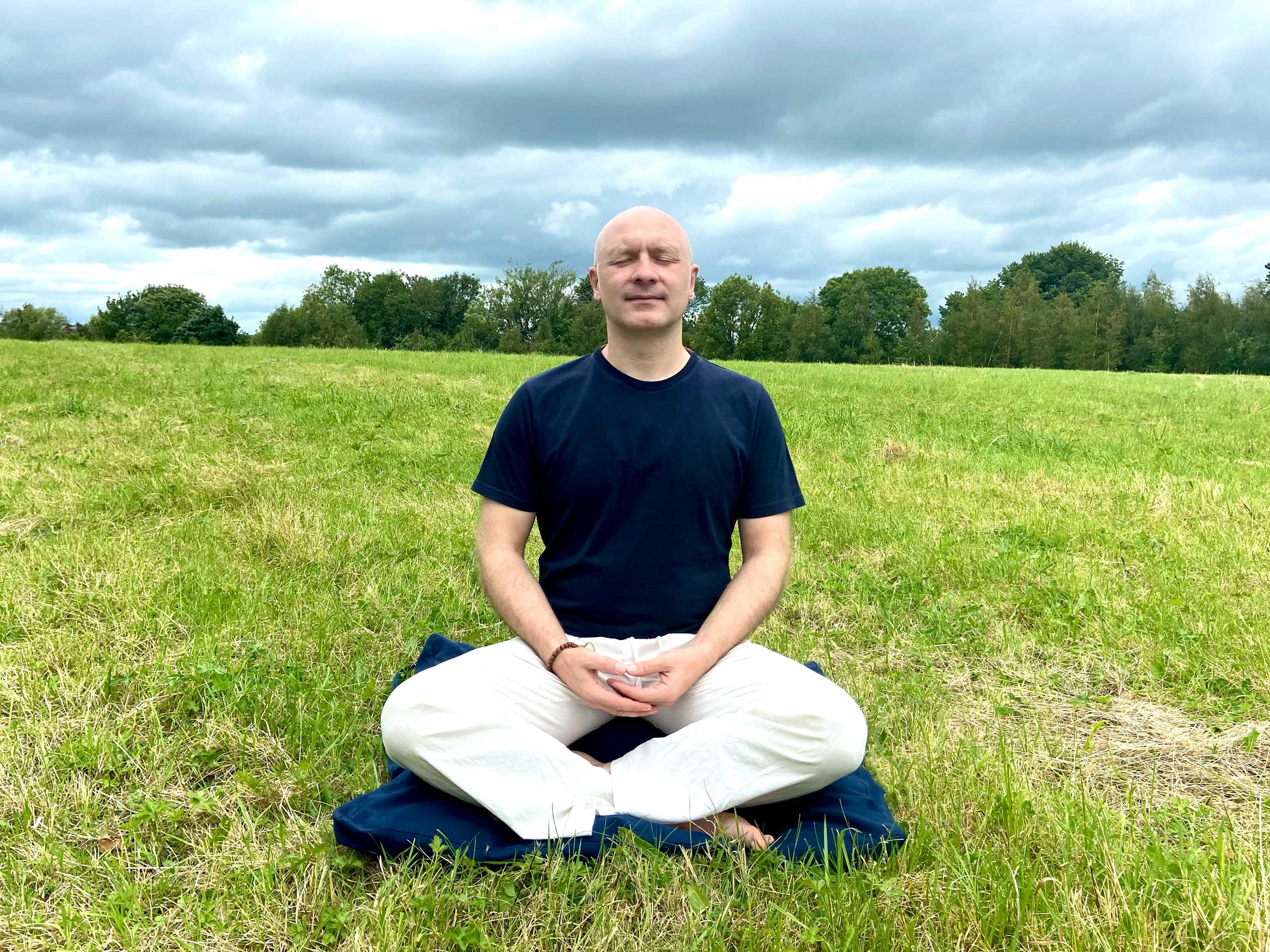'The benefits of meditation are within the reach of everyone.
Developing the skill of focussed attention is a good way to begin'.

There are a range of meditation techniques that have been practised across the earth for centuries. Our guided meditations help you to begin learning about these techniques. So that you can develop your own practice in a way and at a pace that suits you and your life. Where your practice takes you will be unique to you. There are no standards to be met. No barriers to cross. No expectations to live up to. No pass or fail. It will take time to establish your own practice. Our guided meditations are a beginning not an end. At the same time there is no pressure. Make what you wish of your experience and of what you learn.
The Benefits Of Meditation.
Improved sleep
More energy
Less illness
Greater focus
Introduction To Meditation.




Face to face guided practice for those beginning to explore meditation.
Guide: Gavin Birchall, DipBSoM, Qualified with the British School Of Meditation.
Details: Second Sunday of the month, 6:45pm for a 7pm start to 8pm.
Location: Chakra Studio, Penwortham, Preston.
Experience: None required.
Registration: If it is your first session with Lifesider register in person before the class or click the link below to register ahead.
Frequently asked questions.
What is meditation?
Why should I meditate?
Meditation has been practised by humanity for thousands of years within and across many different cultures and religions. This long and continuous history, of sitting quietly and experiencing what it means to be alive, has helped humans through countless challenges. The combined experience of these many hundreds of thousands, if not millions, of people is strong evidence that meditation is worthwhile. These were not people who had a great deal of leisure time. They meditated because they found it useful. In our contemporary Western culture we often look to science for answers and that is what has happened since the 1960s. A robust and growing evidence base detailing the benefits of meditation, such as lower blood pressure and heart rate, improved mental performance, greater emotional resilience and more enjoyment from life, is building. During our Introduction To Meditation sessions we begin to look into the history and science to learn more about how a daily meditation practice is worthwhile.
What does meditation involve?
Meditation is very simple. Anyone can practice meditation. It involves focussing your attention on your experience of being for as long as you wish. There are no rigid rules about how you should do that. You might choose to sit in a chair, or on a cushion, or lie down, or walk slowly. You might close your eyes or not. Certain situations lend themselves to helping with focussed attention, such as a quiet space without disturbance, as much physical comfort as is available and so on but there are no specific requirements. During our Introduction To Meditation sessions we learn a number of different meditation techniques that can help to find and maintain focus. This might be a focussing on your breath, a silent mantra or a visualisation. Each person may find their own preferred approach but it’s important to remember that it is the focussed attention not how you get there that is at the core of meditation.
How do I get started meditating?
You might find that you already have. If you have ever looked into a flame and your mind has, even for a second, felt a little empty and calm, then you are meditating. If you’ve sat on a beach or on top of a mountain and watched the sun set, perhaps there was a little meditation happening there. I hope so. If you wish to begin meditating more intentionally you can start by just sitting quietly for a short time each day. As little as five minutes will be enough to start with. Maybe in your favourite chair or on a bench in your garden or local park. Your mind will be active, thoughts will come. Noticing that they are coming and going is the beginning of meditation. You could listen to a recording of a guided meditation to help you focus or trust to your own exploration. For some, this can work well and their meditation practice has begun. For others the support of a face to face guide and a group to learn and practice with is helpful. Our Introduction to Meditation sessions provides that help and is a great place to start providing some supported guidance and experience of a range of meditation techniques.
When should I meditate?
It really is up to you. There are no hard and fast rules. Meditation is a felt practice. We directly experience what it means to be alive and we learn, through seeing how that feels, what works for us and what helps. We then follow what works. Some people meditate first thing in the morning before the day has begun and their minds have come fully to activity. Others meditate in the middle of the day and still, others meditate in the evening. Your own practice will develop to suit your lifestyle. The benefits of regular meditation practice are well documented through history and science, so one simple answer to this question is: often. A daily meditation practice can have a rapid and lasting effect. During our Introduction To Meditation sessions we will meet monthly to learn and practice and we’ll provide suggestions about how you might practice between sessions and after you have completed your course.
Have questions of your own?
If you have specific questions you would like to ask get in touch. During our Introduction To Meditation sessions we will cover aspects of the origins, history and science behind meditation alongside exploring a range of different techniques through guided practice. For now you might like to read our articles about meditation.